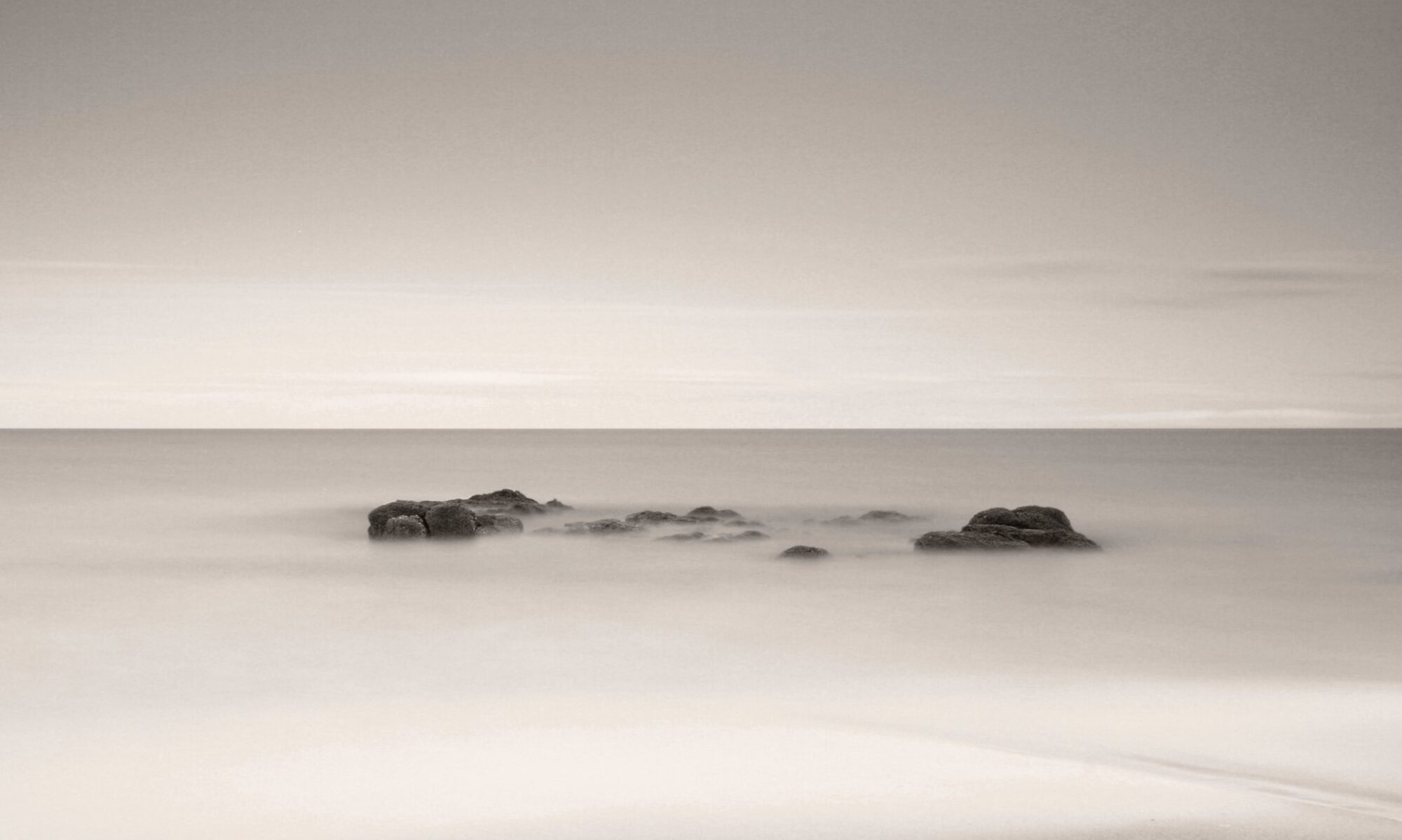Over the years, I have developed what I call my photographic style. It doesn’t mean my photos are good, just that I found what pleases me and what works for me. And that’s what I do. I don’t do this professionally, not even creatively, so I don’t feel the pressure to be different.
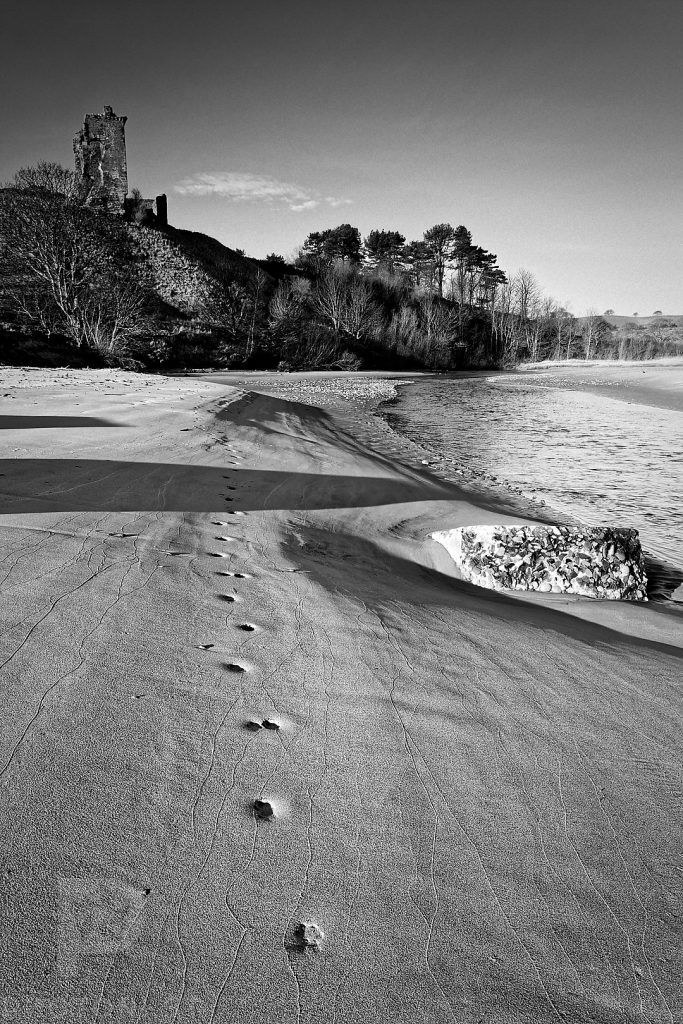
In short: I take vertical landscapes with leading lines and strong foreground interest. The reason why I take vertical photos even though the convention is that landscapes are “landscape” oriented, is because of the way I read images: I start from the bottom or foreground, and I go into the image until I reach the background. If you take “landscape” landscapes, the foreground to background distance is compressed and the travel is very short. I find that disappointing. I prefer to start my journey at the bottom, then follow lines or patterns or symmetry into the photo, all across the frame, the continue until I reach the end at the top.
Lately, I’ve become obsessed with monochrome, and therefore I tend to convert my photos to black and white when showing on a screen, and to light platinum for printing (because most printers, even professional, tend to produce a green tint when printing pure black and white). That’s my taste of the moment, I used to take fairly saturated colour photographs in the past.
Over the years, my interest in landscapes, especially seascapes has started to diminish. I feel like I’ve gone as far as I can go with the time I can afford to spend on the hobby, and I need a new interesting domain to explore.
One of the things that has become more and more interesting to me is people and what they do. I did small photo series in the past about specific activities (e.g. trawler fishermen in Scotland). But it was really on occasion only, not what was tickling my interest at the time. With time, that aspect of photography, the witnessing, the recording, the memory creation have become much more of an interest to me. As photography helps me process and understand the world, it is also a tool for my life.
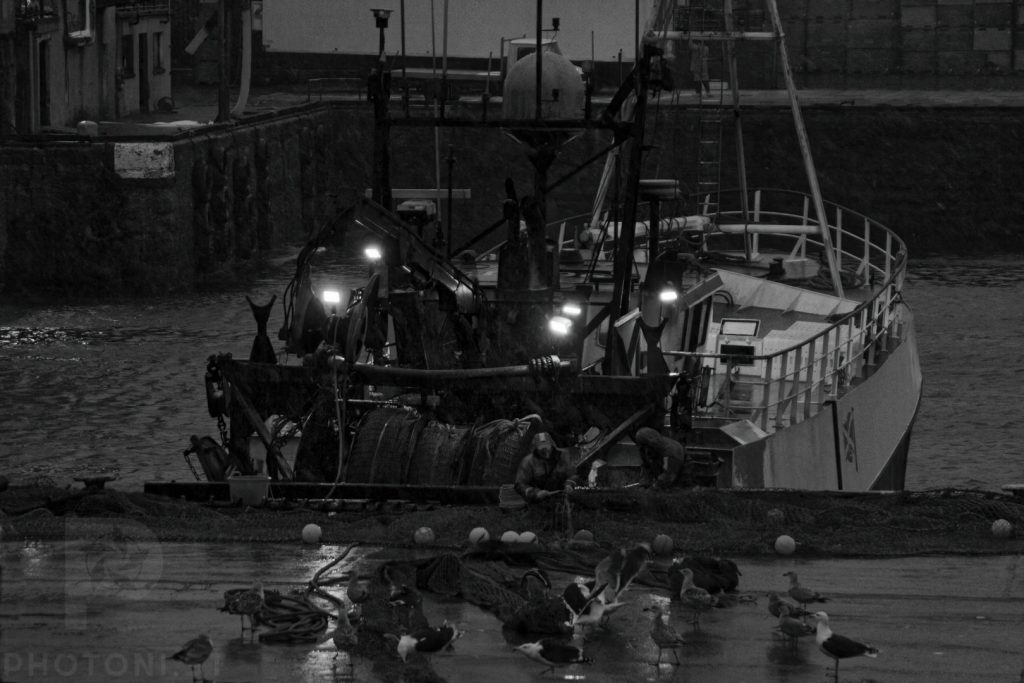
However, I don’t have much experience in that domain. I don’t know what makes a good photo reportage image. I don’t even know what makes a good street photo. I’m certainly not a street or people photographer. At a push I can maybe consider myself to be a novice urban landscape photographer.
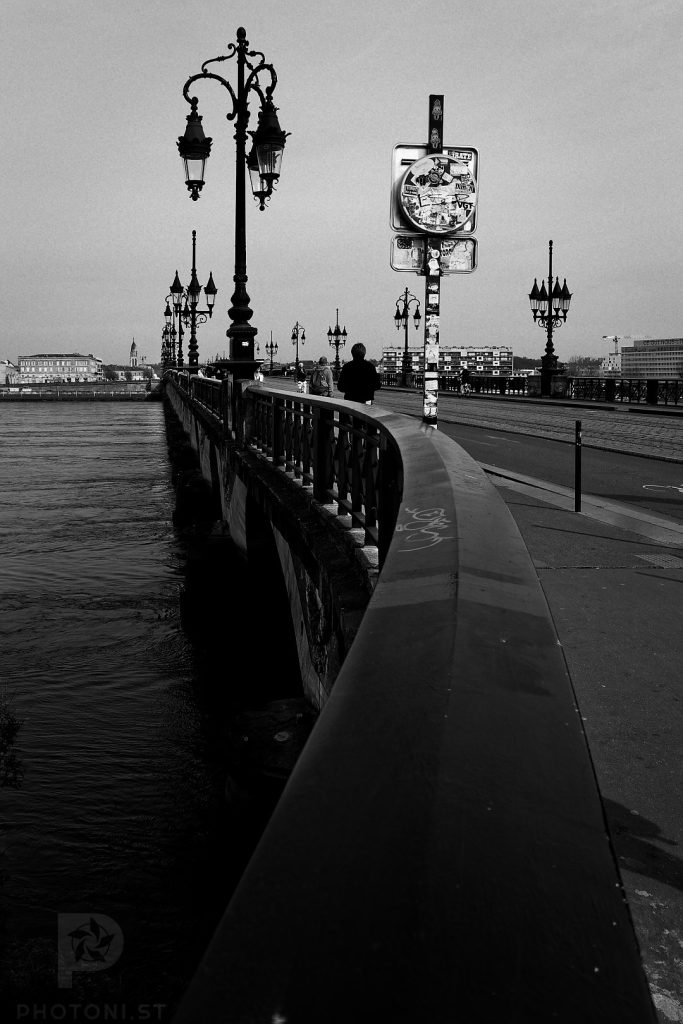
I have read about famous photographers to understand how they approached their craft and what makes a good image. I appreciate the principles and I can look at images and see why they were taken the way they were. But that doesn’t mean I can reproduce them. It is like the difference between understanding and speaking a language: there is a huge gap between understanding and speaking fluently. But I will try to apply my understanding of how things are expected to be done.
I know the result will be that my photos are derivative and conventional and (let’s call it) a tribute to well established styles. But that’s a starting point. Learning to reproduce existing pieces of art is a traditional way to learn how to paint. It’s been done for centuries by students who became the most famous painters in history. There is no reason why it would be different for photography. And to me that’s ok.
From there, my style will develop naturally. I will find what works for me, what I like to do and how, internalise the rules and know when to break them, and I will eventually create a process that I will call my own. It might be good, it might not. That’s not even important to me since this is a hobby.
Today, failure isn’t an option. Everything everybody does has to be perfect from the first minute. There is no time to learn, experiment, fail, try again. When I took on astrophotography, it took me several years to internalise all the concepts and apply them well enough to get a proper remote observatory in a dark zone. I failed a lot. I took a lot of astronomy photographs that were no good. They looked good to me at the time, but I knew it was a false sense of knowledge and I’d learn in time it wasn’t great.
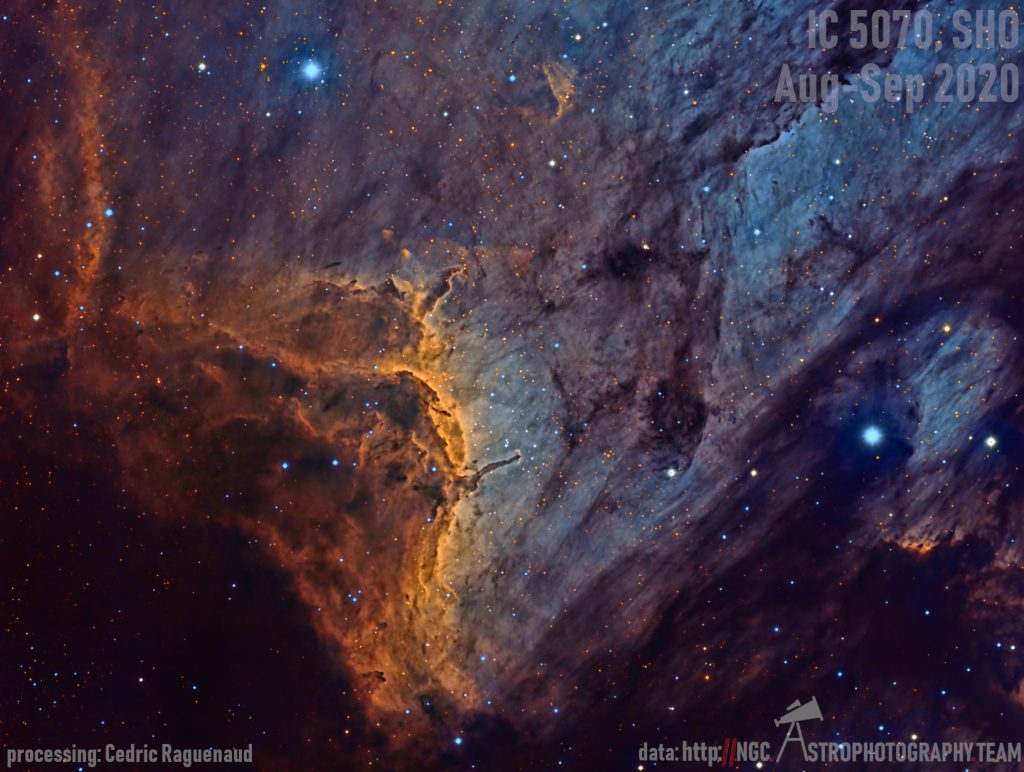
It’s a pity because it means that most people, under the pressure to perform and be good at things from the get go, never learn and give up in front of the impossibility to achieve their goal straight away.
Things take time. Be rubbish at what you do for a while. Spend time to learn.
#Photography #Opinion #IMayBeWrong #Theory #PhotographyTheory
